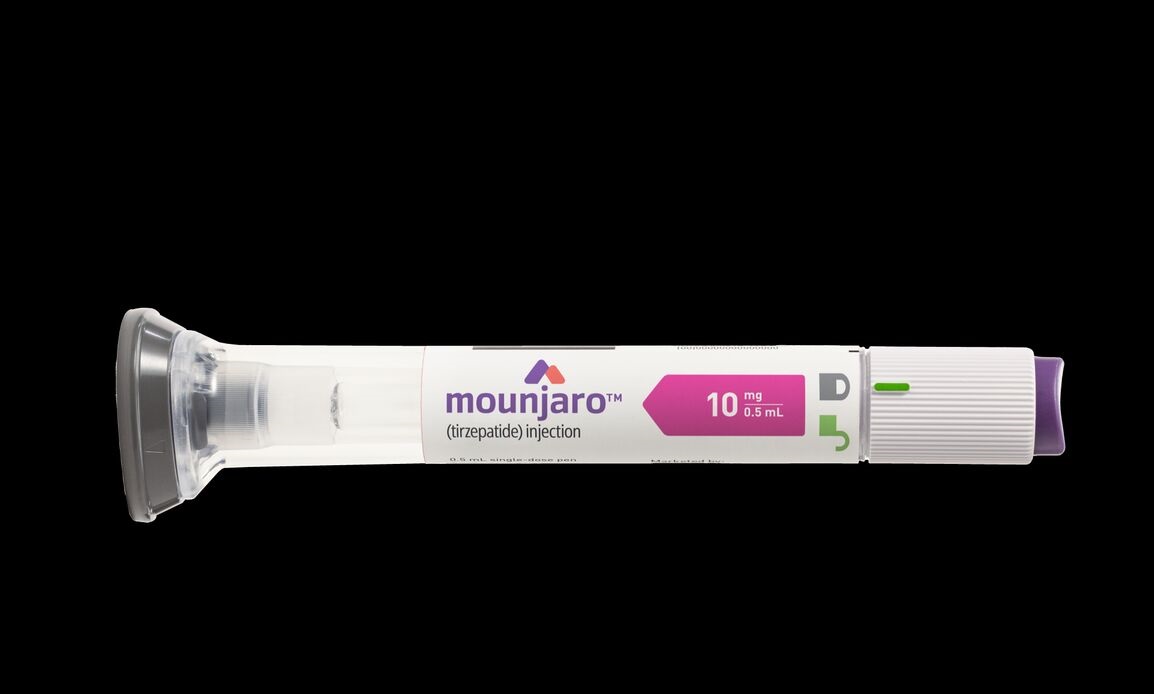
bariatric surgery procedure
Struggling with obesity can be overwhelming. When diet and exercise fail, many turn to a bariatric surgery procedure as a life-changing solution. This blog offers a complete overview of what to expect before, during, and after the procedure — helping you make an informed decision for a healthier future.
What Is Bariatric Surgery?
Bariatric surgery is a weight-loss procedure.
It changes the digestive system to limit food intake or absorption.
There are different types, but the goal is the same — sustainable weight loss and improved health.
Who Is It For?
Doctors usually recommend bariatric surgery if:
-
Your BMI is 40 or more
-
Your BMI is 35 or more with health issues like diabetes or high blood pressure
-
You’ve tried other methods without lasting results
You must also be ready to make lifelong changes in diet and lifestyle.
Types of Bariatric Surgery
Here are the most common procedures:
1. Gastric Sleeve (Sleeve Gastrectomy)
Removes about 75–80% of the stomach.
Reduces hunger and limits food intake.
2. Gastric Bypass
Creates a small stomach pouch and reroutes the intestine.
Reduces calorie absorption.
3. Gastric Balloon
A non-surgical method.
A balloon is inserted into the stomach to create a feeling of fullness.
Each type varies in cost, recovery time, and weight-loss results
The Bariatric Surgery Procedure (Step-by-Step)
The procedure typically includes the following steps:
1. Anesthesia
You’re given general anesthesia to ensure you sleep through the surgery.
2. Incisions
Most procedures are laparoscopic, meaning small cuts are made on the abdomen.
3. Surgery
Depending on the method, the surgeon removes part of the stomach or reroutes your intestines.
4. Closing the Incisions
Once complete, the surgeon closes the cuts using sutures or staples.
The entire process takes 1 to 3 hours, depending on the type of surgery.
Post-Surgery Recovery
You’ll stay in the hospital for 1–3 days.
Most people return to work in 2–3 weeks.
Full recovery may take a few months.
You’ll start with a liquid diet, followed by soft foods, then regular meals.
Regular follow-ups with your doctor and dietitian are essential.
Risks to Be Aware Of:
All surgeries have risks. Common risks of bariatric surgery include:
-
Infection
-
Bleeding
-
Nutrient deficiencies
-
Dumping syndrome
-
Acid reflux
Choosing an experienced surgeon and following medical advice can minimize these risks.
Conclusion
Bariatric surgery can give you a new start.
Understanding the bariatric surgery procedure helps you make an informed decision.
With the right preparation, mindset, and support, it can change your life forever.





